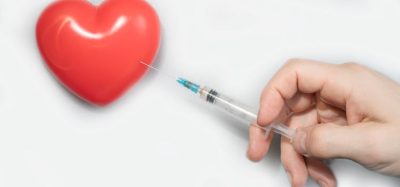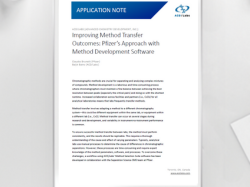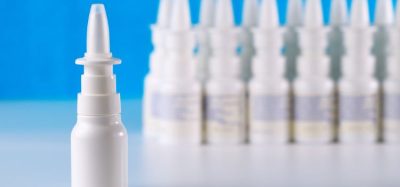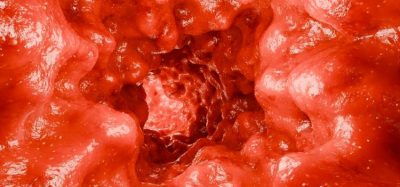Two Phase III trials in US to evaluate efficacy of mAbs against COVID-19
Posted: 12 August 2020 | Victoria Rees (European Pharmaceutical Review) | No comments yet
Two randomised Phase III clinical trials to test mAbs against COVID-19 are now enrolling healthy adults in the US, the NIH has announced.
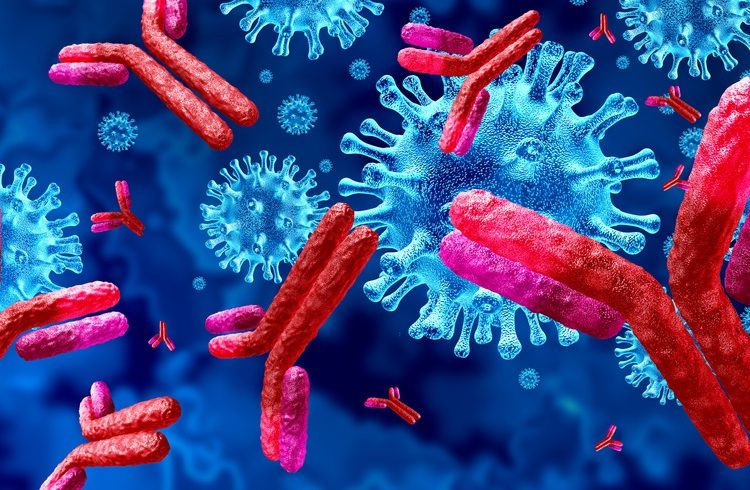

Two US-based Phase III, randomised, placebo-controlled, double-blind clinical trials to test the protective level of experimental monoclonal antibodies (mAbs) against SARS-CoV-2 infection are now enrolling healthy adults. The announcement was made by the US National Institutes of Health (NIH), which said that the study investigators are part of the recently-established COVID-19 Prevention Network (CoVPN).
“The CoVPN is designed to conduct large-scale trials rapidly and efficiently,” said US National Institute of Allergy and Infectious Diseases (NIAID) Director Dr Anthony Fauci. “This network will allow us to test the safety and efficacy of mAbs and other preventive measures to help identify how best to reduce the level of SARS-CoV-2 infection and ultimately end the COVID-19 pandemic.”
One trial is being conducted jointly by NIAID and trial sponsor Regeneron Pharmaceuticals. It will evaluate Regeneron’s investigational double mAb combination, REGN-COV-2, which is designed to bind to two points on the SARS-CoV-2 Spike (S) protein and prevent it from entering healthy cells. The trial will enrol approximately 2,000 asymptomatic adults who are household contacts of persons with SARS-CoV-2 infection. In addition to testing safety, the trial will seek to define whether REGN-COV-2 can prevent infection or disease symptoms in those already infected.
The second trial, sponsored by Eli Lilly and Company and implemented in collaboration with NIAID, will evaluate LY-CoV555. This mAb was isolated from a recovered COVID-19 patient by scientists at AbCellera and the NIAID Vaccine Research Center and later developed by Lilly. This trial will assess whether LY-CoV555 can prevent SARS-CoV-2 infection among people at high risk of exposure due to residing or working in skilled nursing or assisted living facilities. Within one week of identification of a case of SARS-CoV-2 infection at a facility, study investigators will enrol trial volunteers and evaluate the prevention efficacy and safety of LY-CoV555 compared to placebo over an eight week period. The trial will also evaluate efficacy in preventing symptoms of a given severity in those already infected. Up to 2,400 participants will be randomised to receive intravenous infusion of either LY-CoV555 or placebo.
Related topics
Antibodies, Biopharmaceuticals, Clinical Development, Clinical Trials, Research & Development (R&D)
Related organisations
AbCellera, Eli Lilly and Company, Regeneron Pharmaceuticals, US National Institute of Allergy and Infectious Diseases (NIAID), US National Institutes of Health (NIH)




